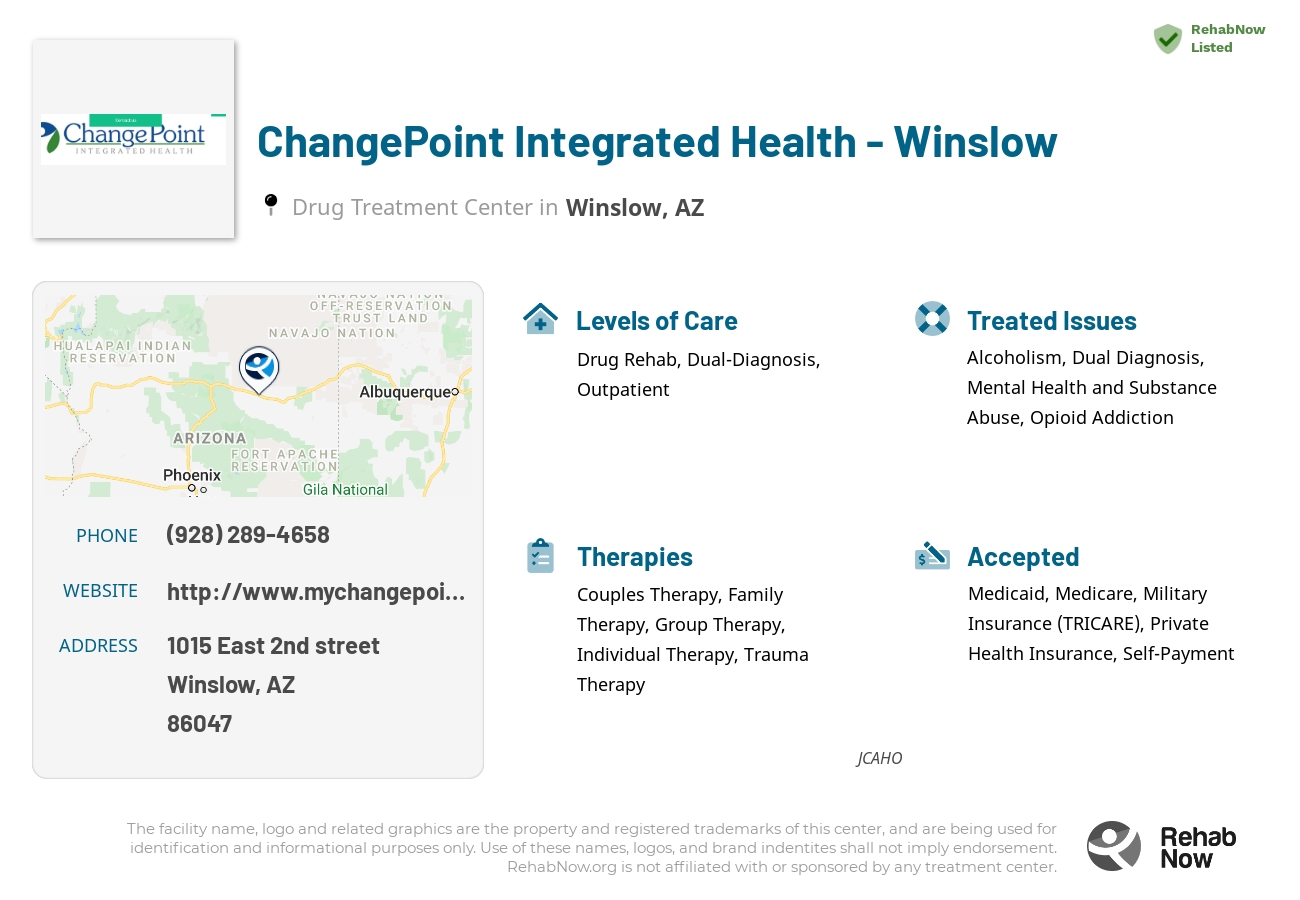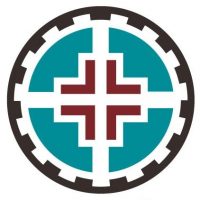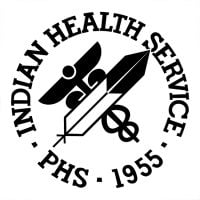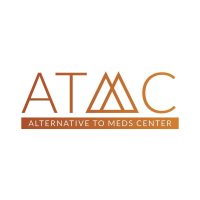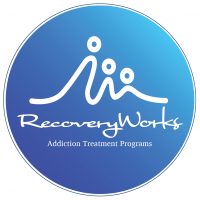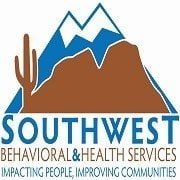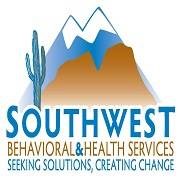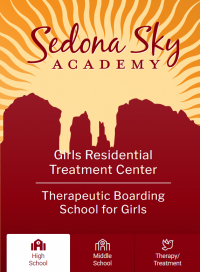ChangePoint Integrated Health - Winslow
Drug Rehab Center in Winslow, Arizona
Winslow Integrated Health offers a comprehensive drug rehab program that utilizes various therapeutic modalities and evidence-based techniques to provide clients with the best chance at long-term recovery, including medical detox, individual counseling, group therapy, and family/relapse prevention education, accredited by JCAHO, CARF, and SAMHSA, and tailored to meet each individual's needs with both residential and outpatient levels of care.
About ChangePoint Integrated Health - Winslow in Arizona
ChangePoint Integrated Health in Winslow, Arizona, is a beacon of hope for individuals looking to overcome addiction and achieve personal growth. Their focus spans from drug and alcohol rehab to mental health treatments and supportive housing programs. What sets ChangePoint apart is their integrated approach, offering a spectrum of outpatient services tailored to facilitate recovery and ensure sustainable health improvements.
- Comprehensive Outpatient Programs: From Intensive Outpatient Programs (IOP) to medication-assisted treatment (MAT), tailored to meet individual recovery needs.
- Accredited and Recognized: Certified by JCAHO, CARF, and SAMHSA, ensuring the highest standards of care.
- Insurance Friendly: Accepts most insurance plans, making treatment accessible to a broader community.
ChangePoint Integrated Health is not just about overcoming substance use; it's about a holistic transformation. The facility's accreditation by leading health organizations like JCAHO, CARF, and SAMHSA underscores their commitment to quality care. Their IOP, outpatient treatment, and MAT options provide a solid foundation for recovery.
Specializing in treating a wide array of addictions — from alcoholism and opioid addiction to dual diagnosis cases — ChangePoint employs a blend of clinical therapies and care levels. Their treatment methods, including individual therapy, psychiatric care, and crisis services, are designed to support individuals throughout their journey to sobriety and beyond.
Genders
Ages
Modality
Additional
Accreditations
SAMHSA

JCAHO

CARF
The Commission on Accreditation of Rehabilitation Facilities (CARF) is a non-profit organization that specifically accredits rehab organizations. Founded in 1966, CARF's, mission is to help service providers like rehab facilities maintain high standards of care.
Conditions and Issues Treated
A combination of treatments is often needed to treat drug abuse. Some addictions can be treated with counseling and support groups. In other cases, drug abuse can lead to a medical problem and require medical treatment. Treatment for drug addiction typically combines counseling and psychotherapy with medication and behavioral therapies.
A combination of treatments is often needed to treat drug abuse issues effectively. In the case of drug abuse, there is no easy answer or one-size-fits-all cure.
Opioid addiction has become a significant health problem in the United States. In 2015, there were 91 opioid overdose-related deaths per day, with a substantial increase in mortality rate in 2014.
When opioid addiction has reached a point where a person’s life becomes unmanageable, treatment options are available to help them get sober. Treatment that includes medical care with medications and counseling can help a user transition into sobriety.
When someone in struggles with both addiction and mental or emotional illness, this is considered a dual diagnosis. Dual diagnosis treatment can include therapy for these issues to happen simultaneously, which will allow either of them to be treated effectively.
Sometimes people who have suffered from addiction disorder also suffer from co-occurring disorders such as depression, anxiety, bipolar disorder, etc., making them “dual diagnoses.” Dual diagnoses require specialized treatment programs where drug and alcohol addiction are addressed along with psychiatric illnesses. Some rehabilitation facilities provide patients suffering from cooccurrences a program with highly integrated services and a clean environment with few distractions to help them succeed.
Levels of Care Offered
This center offers a variety of custom treatment tailored to individual recovery. Currently available are Drug Rehab, Dual-Diagnosis, Outpatient, Residential, with additional therapies available as listed below.
Outpatient treatment is often used for drug addicts in drug rehab. Outpatient treatment consists of counseling and therapy sessions. This form of treatment is also called ‘day-treatment’. The outpatient treatment process begins with the addict’s initial detox period, lasting about ten days.
Outpatient treatment is used for those who are at moderate risk for ‘slipping back’ into the addiction, for those who:
- Are not currently experiencing any side effects from withdrawal and can handle social pressure
- Can handle stressors that might trigger relapse
- Have a stable living environment or have moved out of their previous environment, which was not conducive to being sober
- Have a support system that allows them to go to a facility a few times a week while still keeping their current responsibilities
- Have no legal obligations, being either on parole or probation, that require them to seek treatment at a mandatory facility
- Are not currently experiencing any side effects from withdrawal and can handle social pressure
- Have a stable living environment or have moved out of their previous environment, which was not conducive to being sober
Residential treatment programs are those that offer housing and meals in addition to substance abuse treatment. Rehab facilities that offer residential treatment allow patients to focus solely on recovery, in an environment totally separate from their lives. Some rehab centers specialize in short-term residential treatment (a few days to a week or two), while others solely provide treatment on a long-term basis (several weeks to months). Some offer both, and tailor treatment to the patient’s individual requirements.
Therapies & Programs
Because no single treatment is effective for all addicts, the goal of treatment and therapy should be to figure out what works best for each individual. Tolerance and withdrawal levels differ from person to person, affecting the treatment intensity required. Addiction treatment should aim to help addicts develop healthy coping mechanisms for dealing with their addiction and its underlying causes.
Couples therapy works with clients and significant others in a professional capacity to improve relationship dynamics. This can be helpful for addicts who are trying to marry the idea of recovery into their work, family, social lives – any aspect that has to do with relationships. Through counseling sessions, addicts will have an opportunity to talk about their addiction with professional partners.
Family therapy is beneficial for people who are in addiction treatment services because it offers addicts the opportunity to work with their family members to better understand what led them to make choices that contributed to their addiction.
This type of therapy helps family members reach a deeper understanding of how they can best support their loved one during recovery. It also helps the addict better understand their own motivations and triggers that led them to turn to substance abuse.
Family therapy can help addicts in the following ways:
- Assists family members in processing difficult feelings so they don’t blame or resent recovering addicts
- Assists family members in understanding how addiction has impacted the addict and everyone who is involved with them
- Allows the addict to take responsibility for their actions, while encouraging improved communication skills
- Helps family members understand how to best support an individual in recovery so addicts don’t relapse again.
Group therapy can help build a stronger support system and give addicts in Winslow, AZ insight into their addiction that they gain through shared conversations. Group therapy occurs in a controlled group environment, exclusive of one on one meetings. This makes it safer for patients to feel comfortable sharing the struggles they’re going through and gaining perspective.
Trauma therapy is beneficial for people who are recovering from drug addiction because it helps them heal from past traumas that may have caused them to turn to harmful substances or led them to experience negative emotions that contributed to their destructive behaviors.
This type of treatment works by processing difficult experiences so individuals can learn how to process these events without having to turn to substances for coping.
Trauma therapy can help addicts in the following ways:
- Helps individuals understand their experiences and emotional responses to difficult events, including why they turned to drugs or alcohol
- Provides them with comfort and support while working through difficult emotions related to these traumatic experiences
- Offers an opportunity for addicts to have a voice and be heard, which can improve their self-esteem
- Can help them develop coping skills so they can better respond to triggers instead of turning to substance abuse.
Life Skills Services assist addicts in their recovery by teaching them healthy coping mechanisms that will aid them in becoming sober, focussing on helping people enter into, and maintaining long-term sobriety. Drug Treatment Centers provide Life Skills Services at varying levels of intensity, specific to the needs and requirements of each patient.
The benefits of Life Skills Services offered at ChangePoint Integrated Health - Winslow:
- Restores hope and empowerment — Helps addicts believe that recovery is possible and instills a new confidence in their ability to achieve a positive, drug-free future
- Enhances family involvement — Encourages families to get involved in the recovery process and supports their understanding and encouragement of healthy behavior.
- Increases patient’s compliance — Helps patients take responsibility for and ownership of their recovery and encourages continued progress
- Reduces relapse rates — Encourages long-term abstinence and emphasizes the importance of establishing sober support systems.
Payment Options Accepted
For specific insurance or payment methods please contact us.
Is your insurance accepted?
Ask an expert, call (888) 674-0062
ChangePoint Integrated Health Associated Centers
Discover treatment facilities under the same provider.
- ChangePoint Integrated Health - Show Low in Show Low, AZ
- ChangePoint Integrated Health - Holbrook in Holbrook, AZ
- ChangePoint Integrated Health - Psychiatric Hospital in Lakeside, AZ
- ChangePoint Integrated Health - Snowflake in Snowflake, AZ
Learn More About ChangePoint Integrated Health Centers
Additional Details
Specifics, location, and helpful extra information.
Winslow, Arizona 86047 Phone Number(928) 289-4658 Meta DetailsUpdated April 15, 2024
Staff Verified
ChangePoint Integrated Health - Winslow Patient Reviews
There are no reviews yet. Be the first one to write one.
Winslow, Arizona Addiction Information
Arizona has some of the highest rates of prescription drug abuse in the United States. Methamphetamines, heroin and morphine are among the most commonly abused substances. Prescription pain relievers were prescribed to 348 million people in 2012, enough to medicate every adult in Arizona for 2 full weeks. The number of people with substance use disorders in Arizona has remained relatively constant over the past few years.
The drug addiction problem in Winslow, AZ, is relatively small when compared to other areas of the country. In 2012, there were 120 reported drug abuse cases in Winslow, Arizona. Out of those 120 cases, 100 involved illegal drugs, and 20 involved alcohol. There are various drug and alcohol treatment options available in Winslow, AZ. Some of the most common include inpatient treatment, outpatient treatment, and 12-step programs.
Treatment in Nearby Cities
- Camp Verde, AZ (73.4 mi.)
- Huachuca City, AZ (235.5 mi.)
- Apache Junction, AZ (121.4 mi.)
- New River, AZ (112.4 mi.)
- Tucson, AZ (194.2 mi.)
Centers near ChangePoint Integrated Health - Winslow
The facility name, logo and brand are the property and registered trademarks of ChangePoint Integrated Health - Winslow, and are being used for identification and informational purposes only. Use of these names, logos and brands shall not imply endorsement. RehabNow.org is not affiliated with or sponsored by ChangePoint Integrated Health - Winslow.





